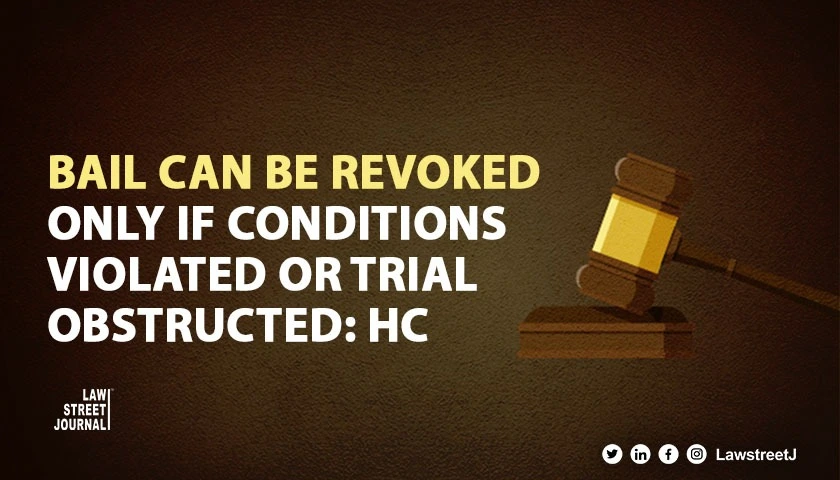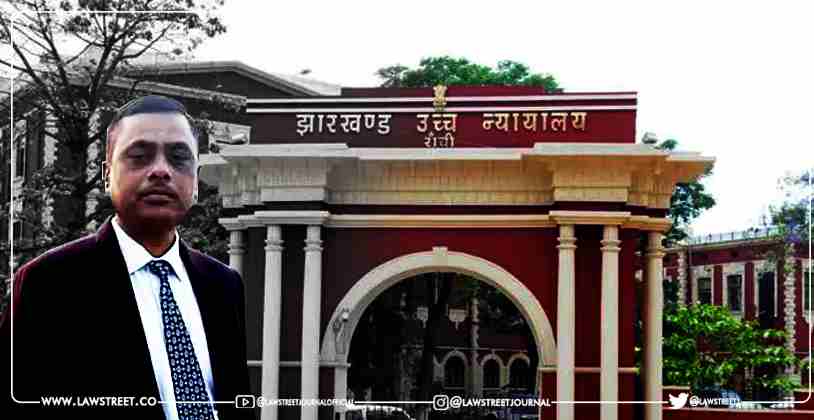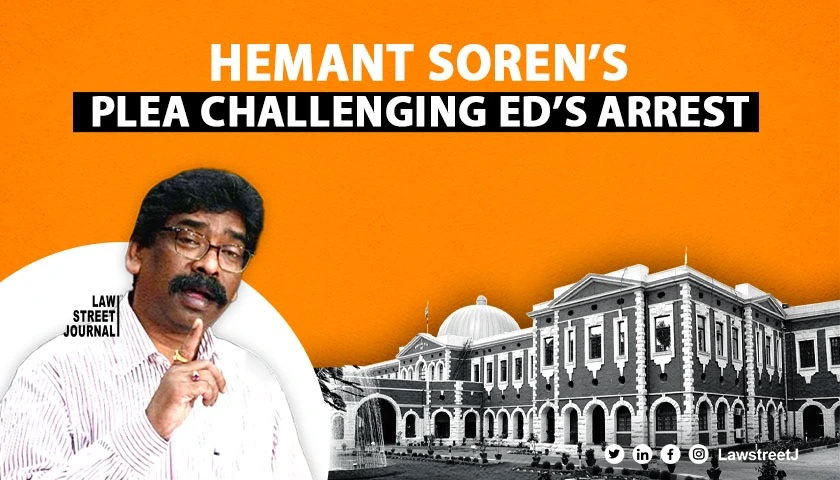Jharkhand: The Jharkhand High Court has recently dismissed a petition seeking the cancellation of bail granted to an accused on the sole ground that he failed to comply with the terms and conditions of the agreement entered into between the parties.
A single-judge bench of Justice Anil Kumar Choudhary held that the Sessions Judge had not committed any illegality in refusing to cancel the accuseds bail merely for non-compliance with the compromise terms.
The court was hearing a Criminal Miscellaneous Petition filed to set aside the order of the Sessions Court in Jamshedpur, which had earlier rejected the plea filed by the petitioner to cancel the bail granted to the accused.
Bail once granted to an accused person cannot be canceled unless he violates the conditions of the bail or does any act, deed, or thing to impede a fair trial of the case concerned, the Court said.
FACTS
The facts of the case are that Amit Kumar Rajak (accused) was granted bail after a compromise was reached between him and his wife in a criminal case filed against him. However, the petitioner later alleged that Amit failed to comply with the terms of the compromise by not taking her back to his matrimonial home after being released on bail.
The petitioner then filed an application before the Judicial Magistrate seeking cancellation of bail on this ground. The Magistrate rejected her plea, holding that a private lawyer has no right to file for bail cancellation.
Aggrieved by this, the petitioner filed a revision petition before the Sessions Court, which was also dismissed. The Sessions Court found no grounds to cancel bail as there was no evidence against the accused misusing his liberty or interfering with the investigation or witnesses.
Therefore, this Criminal Miscellaneous Petition was filed invoking the jurisdiction of this Court under Section 439(2) of the Code of Criminal Procedure with a prayer to set aside the order passed by the learned Sessions Judge, Jamshedpur.
ARGUMENTS:
The counsel appearing on behalf of the petitioner submitted that as the accused refused to take the petitioner back to his matrimonial house, the bail granted to him ought to be canceled. The counsel relied on the Supreme Court's judgment in Bhuri Bai vs. State of Madhya Pradesh, arguing that bail can be canceled for perceived indiscipline by the accused.
Per contra, the Spl. Public Prosecutor appearing for the State and the counsel appearing for the accused submitted that it is a settled principle of law that solely the non-compliance of the terms and conditions of compromise cannot be a ground for cancellation of bail. Hence, they argued that both the courts below have not committed any illegality in not acceding to the prayer of the petitioner to cancel the bail.
They also contended that the grounds presented by the petitioner for the cancellation of bail don't align with the grounds outlined by the court in the case of Jyotshna Sharma @ Jyotsana Anand vs. The State of Jharkhand & Others where bail can be revoked for an accused.
Reliance was also placed on Dolat Ram & Others vs. State of Haryana wherein it was held that very cogent and overwhelming circumstances are necessary for an order directing the cancellation of the bail, already granted.
They also referred to a catena of other cases in support of their arguments and submitted that the present plea being without any merit should be dismissed.
DECISION:
The court, after hearing both parties, referred to Pritpal Singh vs. State of Bihar and held that it is a settled principle of law that the bail granted to an accused cannot be canceled solely on the ground that the terms of the compromise had not been complied with.
The court further held that there were no allegations against the petitioner having committed any of the acts, deeds, or things that could be a ground for cancellation of bail already granted to him as enumerated by the court in Jyotshna Sharma @ Jyotsana Anand vs. The State of Jharkhand & Others.
In conclusion, the court, while dismissing the petition, held that the learned Sessions Judge, Jamshedpur has not committed any illegality in dismissing the revision filed by the petitioner and hence there exists no justifiable reason for the Court to interfere with the said order.




![Supreme Court Collegium approves new Chief Justices for five key High Courts in India [Read Recommendations]](/secure/uploads/2023/12/lj_8000_380d1135-6f3a-4988-a00a-4d5cd5901815.jpg)
!['Arbitrary, impermissible,' SC quashes HC's resolution raising aggregate cut off marks on district judges appointment [Read Judgment]](/secure/uploads/2024/02/lj_3605_Rule-for-Judge-Selection.webp)







